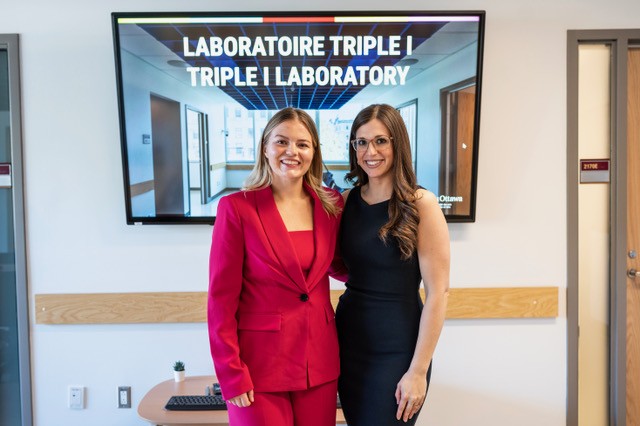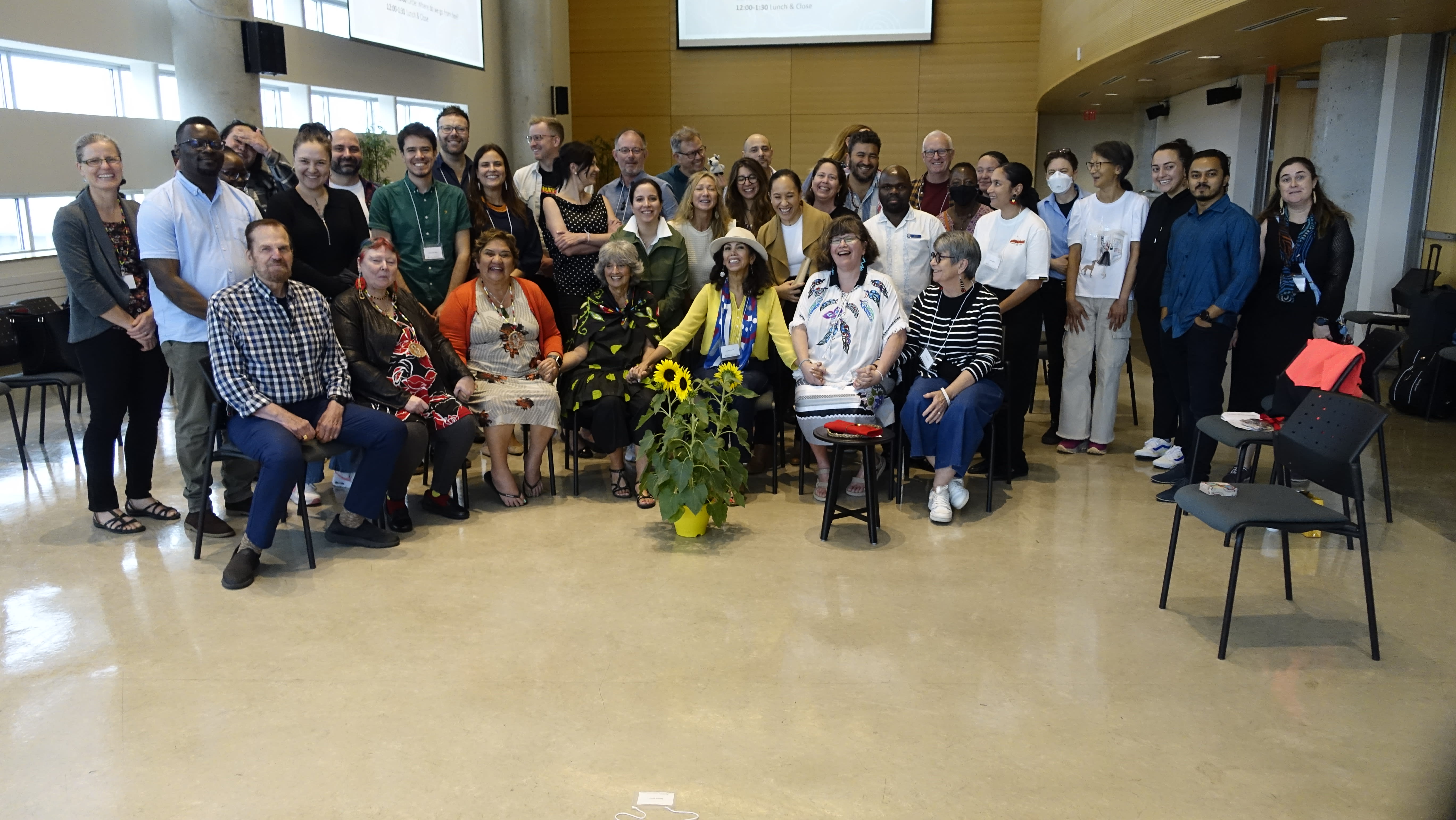According to Statistics Canada, as many as one in four pregnancies end in loss. Despite this, there’s a lack of support for pregnancy loss in provincial health-care systems, where those affected often aren’t sure where to receive care (e.g., hospital emergency rooms or labour and delivery departments) and how to access social services and mental health support.

Professor Jennifer Dimoff has received a Social Sciences and Humanities Research Council Partnership Engage Grant to study the experiences of parents going through pregnancy or infant loss. Dimoff is partnering with the Pregnancy and Infant Loss Support Centre (PILSC), a non-profit, to address how people experiencing pregnancy loss can benefit from services such as free counselling and peer support groups, how services can better serve a more diverse and underrepresented clientele and how workplaces can develop and implement inclusive human resources policies and practices addressing pregnancy loss.
The Calgary-based PILSC offers free, evidence-based social support programs to people experiencing infant or pregnancy loss.
Due to social taboos and the lack of social support surrounding pregnancy loss, people experiencing it are often unaware of legal work-related protections and leave options they may be entitled to. As a result, many don’t take any leave or feel forced to return to work before they’re ready. This negatively affects health and work life, and can even lead to increases in employee turnover.
Partnership will enhance student’s training
Mikaila Ortynsky, a PhD student in organizational behaviour and human resources at Telfer, will be the primary research assistant for the project. Mikaila will help organize and conduct focus groups, lead interviews, and develop and administer surveys of PILSC clients. She’ll analyze data and work with PILSC to disseminate research findings to both academic and non-academic audiences through publications, presentations and conference workshops.

Mikaila is particularly well-suited for this role. “I joined the organizational behaviour and human resources area at Telfer School of Management to help make Canadian workplaces healthier and happier. Despite pregnancy loss and other women’s health issues being so common, managers and organizations have few tools in their toolboxes to support their employees. I am so excited and fortunate to work with Professor Dimoff and her team to gain boots-on-the-ground experience and learn directly from our participants how they can be better supported.”
Mikaila adds: “Often, we engage with research with participants who are anonymous and don’t see the direct impact of our research. I cannot think of a greater opportunity than to … see through the entire research process, from idea development to implementing training and policies for organizations and governments.”
Strengthening policy arguments
This research could contribute to the growing literature on women’s health topics in the workplace often considered “taboo,” such as menstruation, menopause and pregnancy loss. Findings could help PILSC strengthen its arguments to policy makers and employers about the need for better, more inclusive programs, policies, and practices to support pregnancy loss and other matters not discussed in the workplace, as well as provide solutions and resources for workplaces to support their employees.










